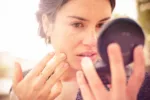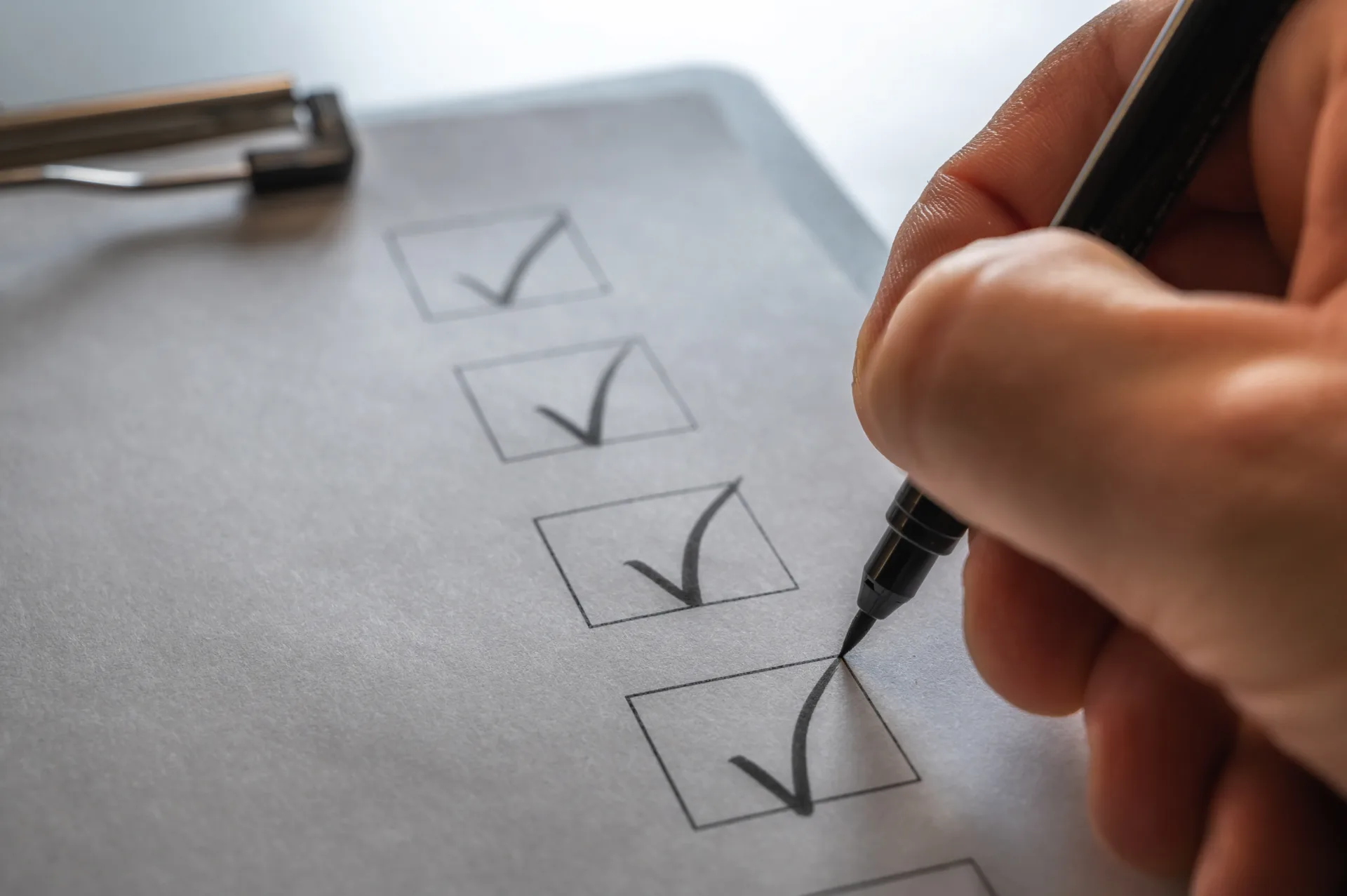
Does Coffee Sober You Up? Debunking the Myth and Knowing When to Get Help
You’ve probably heard it before: “Drink a cup of coffee—it’ll sober you up.” Whether it’s advice from a friend or something you’ve tried yourself, this popular belief is one of the most persistent alcohol myths out there. But does coffee really sober you up? The short answer is no.
If you’re relying on caffeine to counteract alcohol, it’s important to understand what’s actually happening in your body—and why this strategy could be risky. Let’s break it down.
Coffee and Alcohol: What Really Happens
Caffeine is a stimulant. Alcohol is a depressant. While it might seem logical that one would cancel the other out, the reality is much more complex.
Here’s the science:
- Coffee doesn’t remove alcohol from your system. Only time (and your liver) can metabolize the alcohol in your bloodstream. On average, your body processes one standard drink per hour. Coffee doesn’t speed that up.
- Caffeine can make you feel more alert—but you’re still impaired. This is what makes the coffee myth especially dangerous. People may feel “less drunk” and believe they’re okay to drive, make decisions or keep drinking. In reality, their coordination, reaction time and judgment are still impaired.
- Mixing alcohol and caffeine can lead to risky behavior. Research shows that people who combine the two are more likely to binge drink and take risks they normally wouldn’t—because they don’t feel as intoxicated as they really are.
So, What Does Sober You Up?
Time is the only thing that can truly sober you up. Your liver needs time to break down the alcohol in your system. Cold showers, greasy food or caffeine may change how you feel, but they won’t lower your blood alcohol content (BAC).
If you’re concerned about getting sober quickly—for driving, working or managing a hangover—it’s worth taking a step back and asking a deeper question:
When Drinking Becomes a Problem
If you find yourself frequently drinking to the point of needing to “sober up” or hiding how much you drink from others, it may be time to reflect on your relationship with alcohol. Here are some signs that it could be more than just casual drinking:
- You often drink more than you intended.
- You use alcohol to cope with stress, anxiety or boredom.
- You’ve tried to cut back but couldn’t.
- Drinking is affecting your relationships, work or health.
- You need more alcohol to feel the same effects.
You’re not alone—and there is help available.
Getting Help for Alcohol Use
At Bluff in Augusta, we provide compassionate, evidence-based treatment for people who are struggling with alcohol use. Whether you’re questioning your drinking for the first time or you’ve tried to stop before, our team is here to support you without judgment.
We offer:
- Inpatient and outpatient treatment programs
- Dual diagnosis care for co-occurring mental health conditions
Final Sip: Know the Truth, Take the Step
Coffee might wake you up, but it won’t sober you up. If you find yourself depending on tricks to hide your drinking or avoid consequences, it may be time to explore what’s going on underneath. Reaching out for help is a sign of strength—not weakness.
Bluff is here to walk with you every step of the way. Contact us today to learn more about our programs or to speak with someone who understands.







